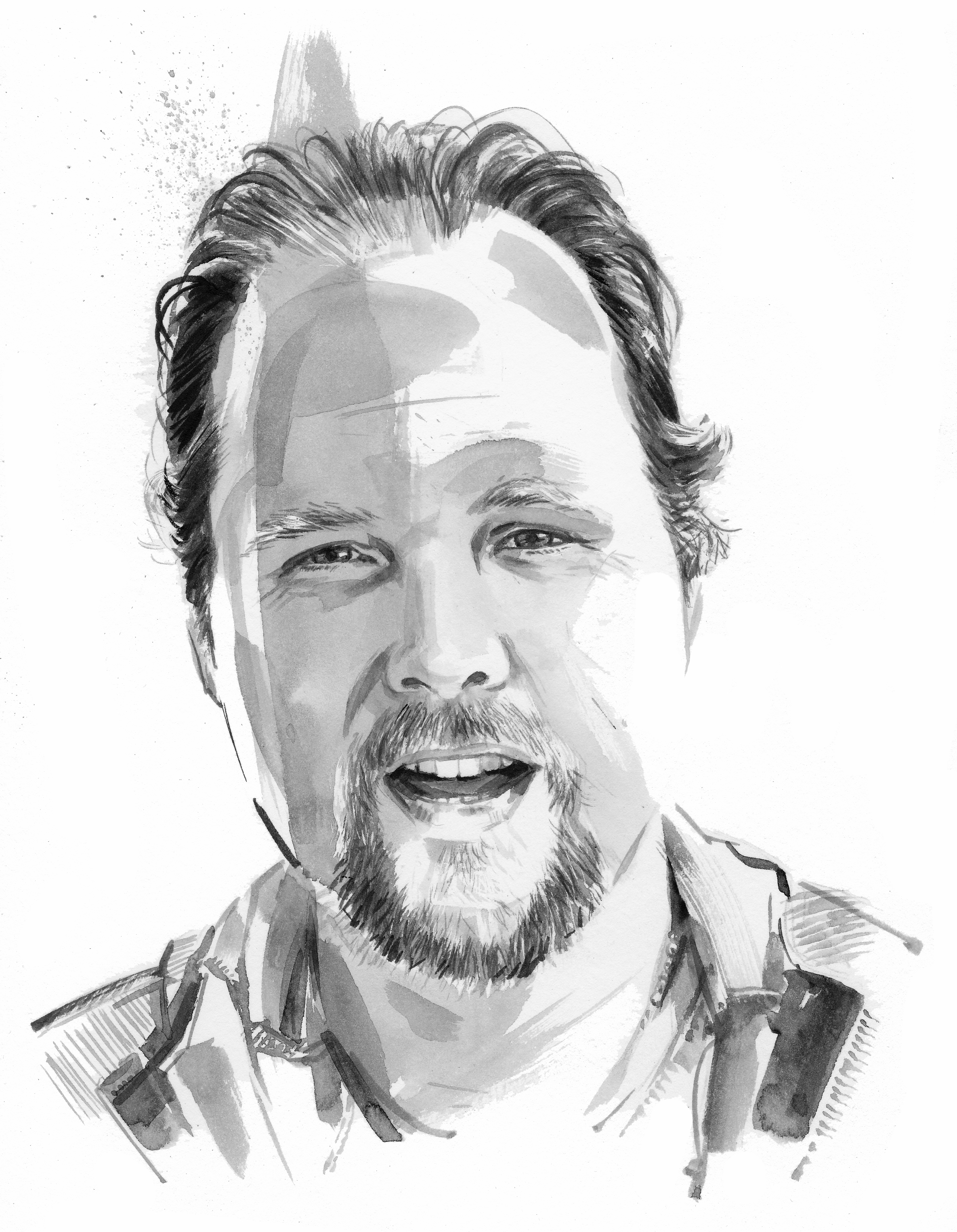When I was younger, in my pre-teaching days, I changed jobs a lot. Flitting between cafe and shop work, warehouse and bar work as I moved location or got bored. I didn’t find starting a new job especially stressful. I’d just think, “How hard can it be?” and then turn up and crack on.
However, as I have been preparing to go back to teaching after two and a half years out, I’ve felt a unfamiliar sense of trepidation. I can’t ask how hard can it be because I remember how hard it can be. Starting in a new school can be very hard indeed.
The problem is, there is just so much that I don’t know. Some of it is tediously prosaic. How does the photocopying work? What are the systems for giving rewards and sanctions? Will there be enough exercise books in the cupboard for every class?
Other unknowns are more complex, especially those relating to my role as head of department. Is the curriculum well designed to build knowledge carefully over time in a logical way? Do we have processes in place to assess what students know and time to act accordingly? Are there any areas that the curriculum does not cover in enough depth?
So what is a new member of staff, especially a new head of department, to do?
Tips for teachers joining a new school
Assess don’t assume
My experience of the last time I started this role in a new school, over a decade ago, is that it is useful to treat it much as I would taking on a new class.
With a new class, I need to go in without assumptions about what they know and don’t know. My first few lessons are essentially a series of hinge questions with plans to respond to what those questions reveal. There is no point in teaching a beautifully planned lesson on depositional landforms if people don’t understand the process of longshore drift.
Likewise, before I start pulling the curriculum apart and inserting my own favoured topics, I need to understand what is already there and, most importantly, why it is there. Start removing one thing and, if the curriculum is well designed, the whole structure can fall apart. I’ll start with questions, not answers.
The enemy of good
Secondly, I’ll remember not to let perfect be the enemy of good. Over the years I have seen too many teachers, and especially middle leaders, burn themselves out trying to not only get everything done but also get everything done perfectly.
When starting a new role, you have to accept that the first time you do anything it may not be exactly right. Perhaps those open-evening activities could have showcased your subject better or perhaps the first Year 8 assessment didn’t do everything you wanted it to. Next time it will.
There is no copy and paste
Even if you previously created what you thought was the perfect open-evening activity or Year 8 assessment in a previous role, the chances are that you can’t bring it with you. The third thing I’ll have to keep in mind is that what worked in one place is unlikely to work in the same way somewhere else.
Very little in education, or in individual schools, sits in isolation. It is affected by the school’s values, the calendar, the community it sits in, the staff who work there. The list of confounding factors is almost endless. Drawing on previous experience certainly helps a huge amount, but what it is helping you to do is to work out what needs to happen in this place and at this point in time.
Go with the flow
Therefore, the final thing, the most important thing, to remember is just to relax and go with the flow. The reason why teaching, and being a head of department, appeals to me is that I like problem solving; whether that problem is how to get a student to understand the complexities of sustainable development or how to create a key stage 4 curriculum that does more than tick off the exam specification. Working through the puzzle should be an enjoyable exercise. I’ll try to keep that in mind.
Mark Enser is a head of geography at a school in the North West of England
For the latest research, pedagogy and classroom advice, sign up for our weekly Teaching Essentials newsletter





